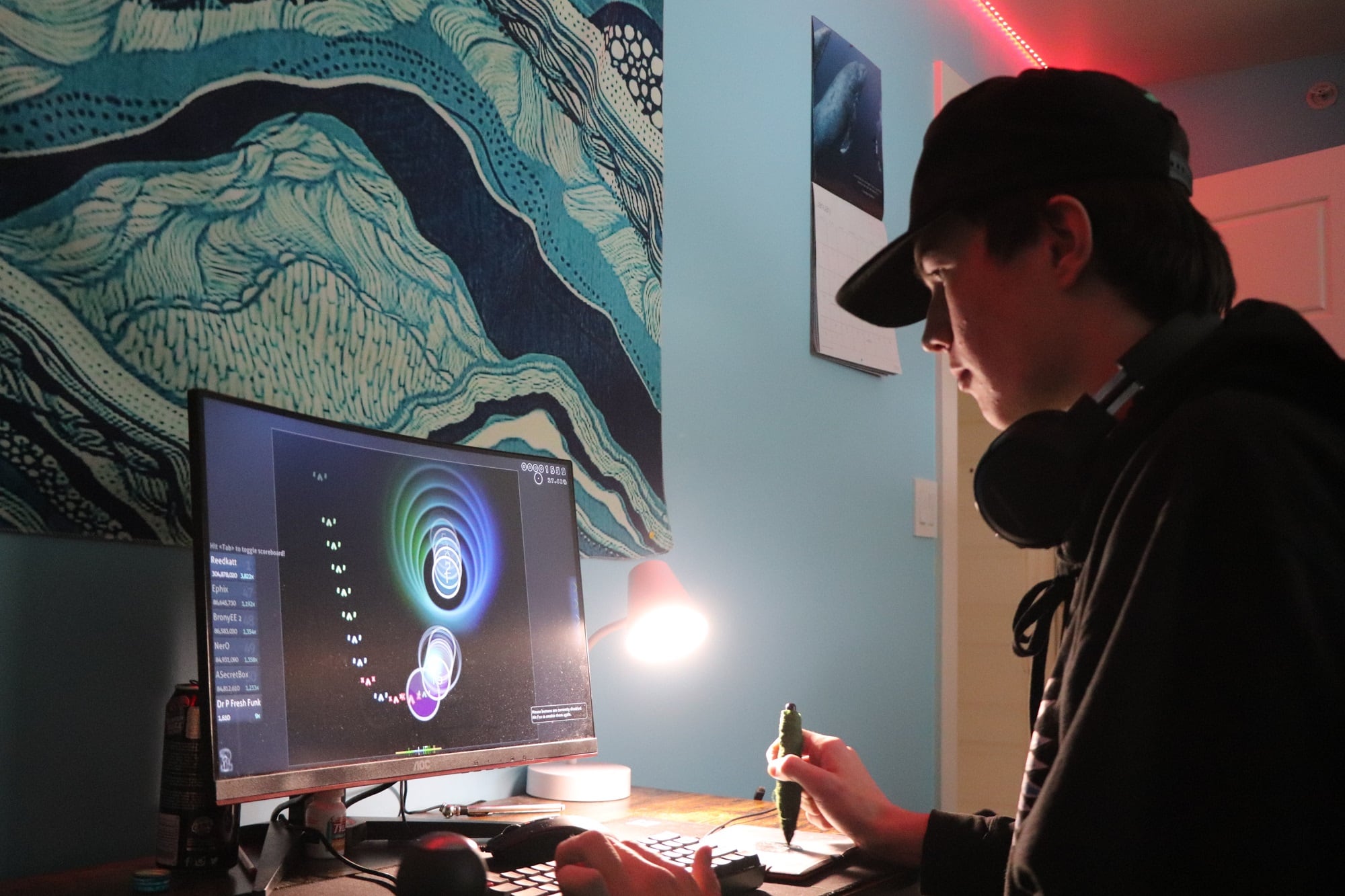Seven Summits: Game On Graduate
“The human need to play is a powerful one”- Leo Buscaglia.
Escapism, intrigue, distraction, and amusement make games one of life’s favourite pass times. We give ourselves the permission to explore, try, fail, win, and lose during gameplay. After all, games are fun. Thinking up novel ways to play within one’s environment, games are like a guilty pleasure to be consumed. Digging deeper into the psychology behind games, the New York Times reports the appeal is a “controlled form of freedom.” The game experience contributes to cultural consciousness. Once started, the players navigate a series of choices that show a true mark of character and concentration. Win, lose, or draw, the players will stop playing, but the experience remains with them until the next available opportunity to play again. Playing alone or socially, humans have engaged in games since the dawn of age to the current digital times. Now, imagine, if you will, how amazing it would be to have a job designing video games.
One such student from Seven Summits Centre for Learning who has mapped his way to becoming a game developer is Dominic Van Nus. He plans to attend Thompson River University in the fall, after graduation. “Online, I am drawn to the virtual vastness and opportunities that gaming provides,” says Van Nus, “I like meeting with others and connecting collaboratively.” As a gaming developer, he will need experience working in computer science, programming, and coding. As an aspiring video game designer, skills such as creativity, storytelling, cooperation, and being an active team member will also be critical. To develop great games, one must mindfully play many games and become an adept video gaming student. “I enjoy the feeling of playing a well-programmed game with a smooth, satisfying design. I pay attention to the flow, storyline, graphics, and controls. I like thinking about the creators’ decisions to produce the game. My favourite type of game is a story-based premise with variable endings like ‘Hallow Knight’”.
Aspiring game designers have many career paths. The field is ever-changing and requires stamina for technology: the right attitude and aptitude for working effectively as part of a team. To practically apply these other skills and design games, it is also necessary to understand programming languages, software programs, and 3D modelling programs. Digital games take many of the powers of traditional board games and ramp up both the rate of interaction and the complexity of the core structures. A video game takes input from the player 60 times per second, relates it to a complicated ruleset, and renders a new game image. This rapid feedback loop engages mental proprioception and undivided attention. As a result, they are making video games powerfully compelling. Game design is a rewarding career path; there’s no doubt. The thrill one experiences from watching others gain pleasure from their work are incredible and ultimately satisfying.
“For me, it just fits because I enjoy coming up with the games’ concepts, characters, setting, story, and gameplay. Now I want to learn the technical skills and put that all together to make successful video games”. Future-proofing his career choice, Dominic Van Nus possesses the imagination for innovation.


























